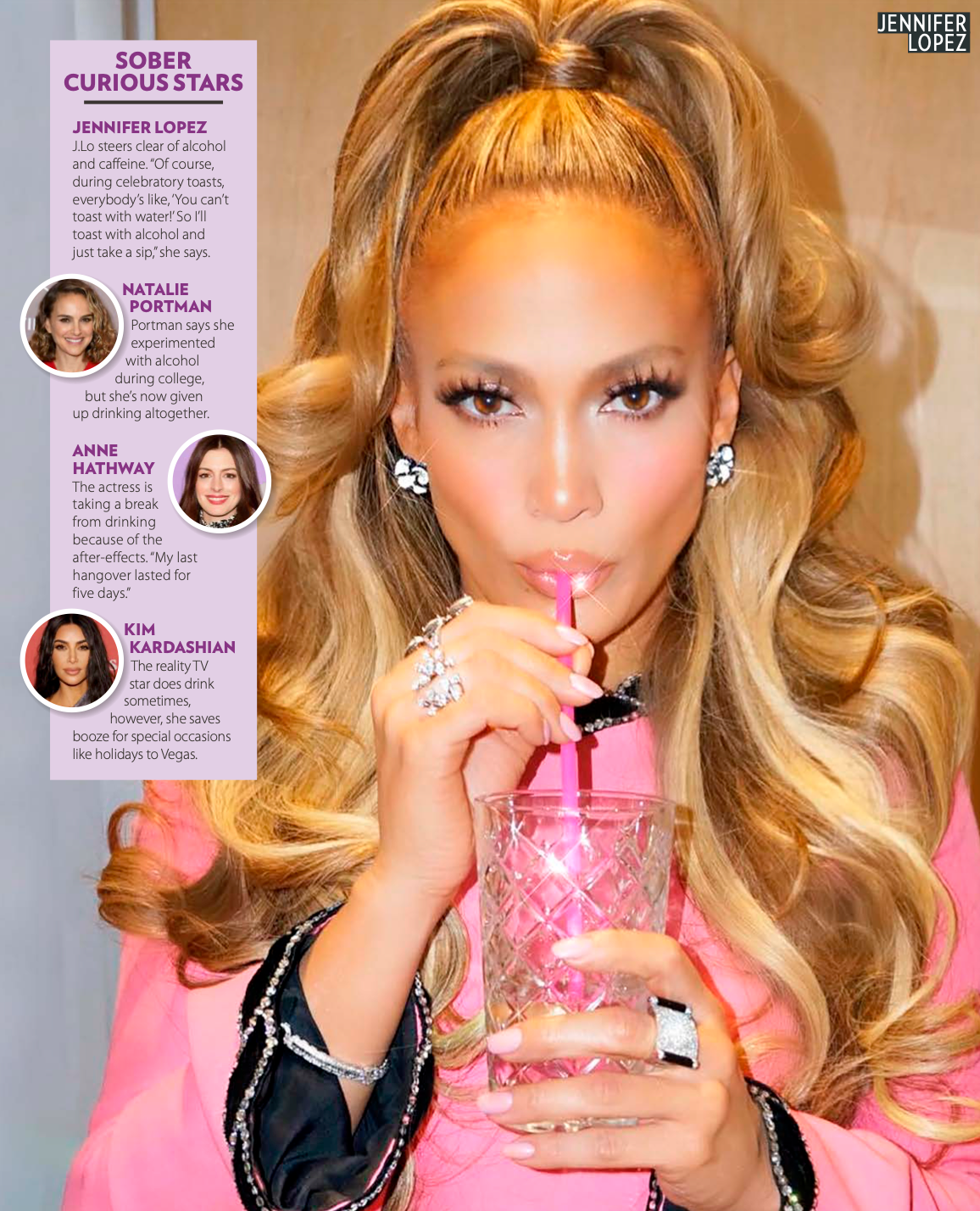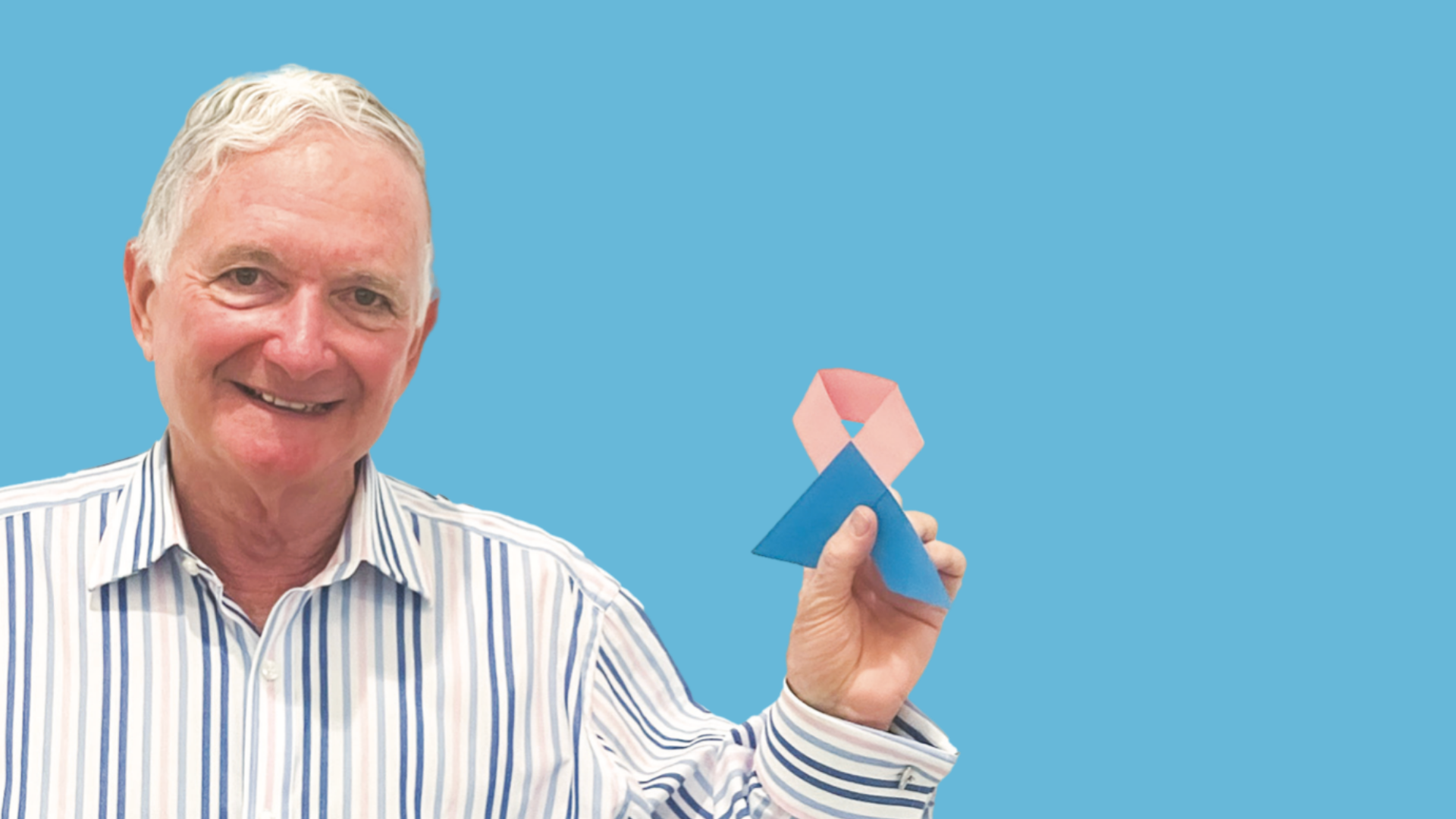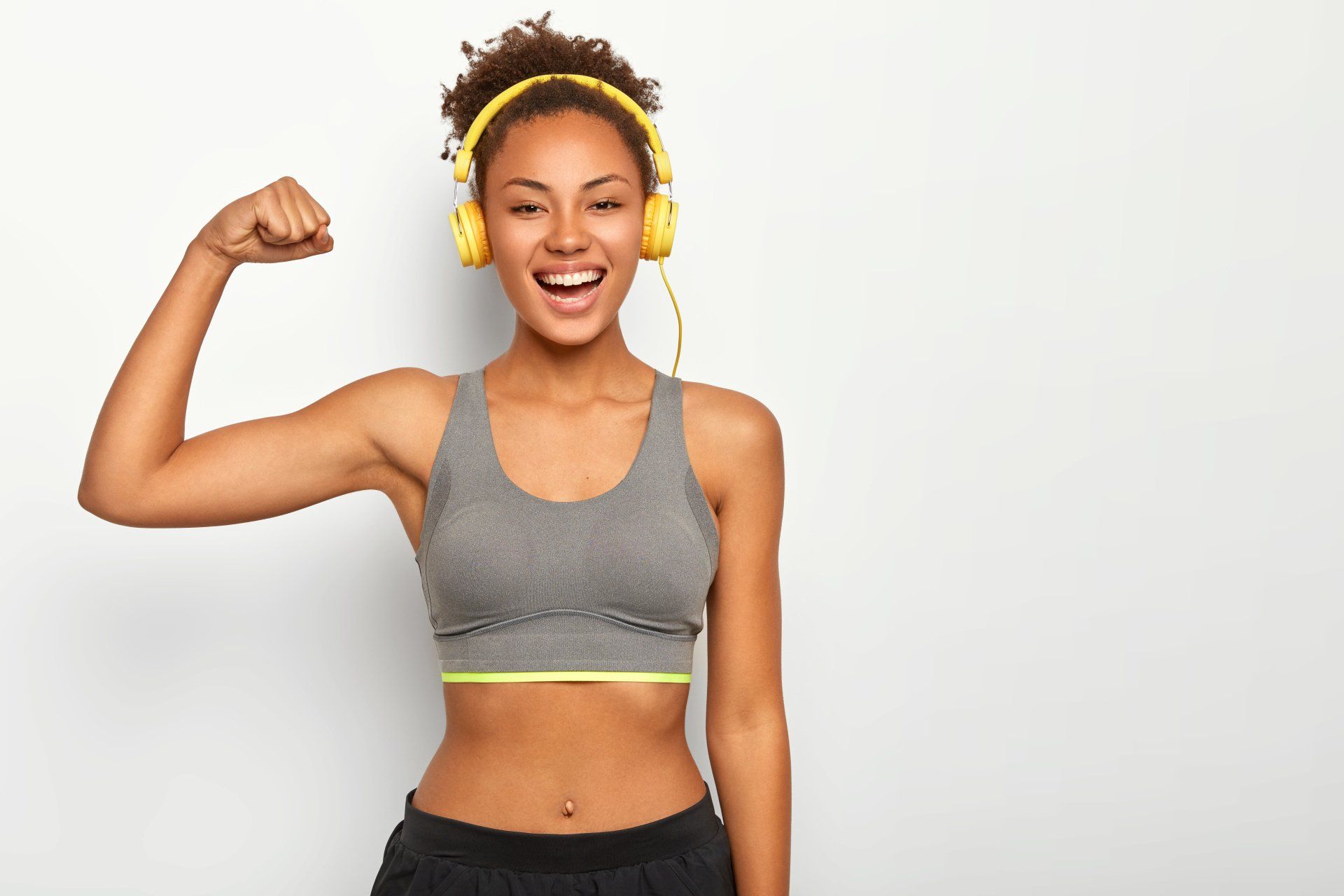Margaret Beardslee Interview with Scott Levi
Mary Ling • March 9, 2019
Transcript of Margaret Beardslee OAM interview with Scott Levi on ABC Radio.
Scott:
Tell us about what happened to you though. I know you're dodging that a bit, but …
Margaret:
I would like to dodge that. But I do want to have a shout out to people … all the ladies on the Coast. I had a regular visit scheduled to the breast bus (mobile BreastScreen van) and I was dodging it, like most of and many ladies out there and sort of gathering a bit of strength … a few girls, a bit of bravado, nah I don’t need it, it's my fourth check-up, my fourth biennial … haven’t had any problems. And a good friend of mine, Beverley Andrews, some reason overheard the conversation, basically stuck a finger in my face and said “You get yourself down there and it doesn't cost anything and what have you got to lose?” So five minutes later, I found that I had to go back for another check-up and at the time it was interesting. I was actually training for a five day, a mountain bike race with 10,000 meters of climbing in East Timor. So it was coming up to my 60th birthday and that was my way of celebrating. Some people think I’m crazy but each to their own …
Scott:
My idea of good fun [laughter] …
Margaret:
Anyway, I had my check-up and they said “Look, you know, you need to have another biopsy.” And I said “No, I can’t. I'm going to this bike race.” And they said “No. No. You need to have the check-up.” Anyway, I was quite persuasive to them that I had trained, you know, for six months and I had tickets booked and I was going and they said “Well, you get yourself down here the day you get back.” So I got off the plane, I actually (had) heat stroke on the fourth day of the race. And to be honest, that would be the only thing in that entire six months that, that I could say perhaps my body wasn't coping. Other than that, I had no symptoms. You know, this is the, it's just the silent killer. You don't know. You know, I was training, I competed against girls half my age, I probably placed halfway down the field and you know, I felt pretty good except for the day of the heat. And that was …
Scott:
Well you were in the tropics and going extreme up mountains. It's a mountainous country.
Margaret:
Yeah. And the worst thing is that you're carrying your own water. They are supplying water but there is no respite. If the water is the same temperature as the air, those, you know, even though you're taking it in, you are just constantly hot. Anyway, you know, it was on their medical advice, I would have probably pushed on the next day. But, once you ask them, can you go, they say no, you're sort of against their insurances or whatever. I sat the day out and I did feel a lot better. But anyway, so two days later I got off the plane, went to my biopsy and then found out within the week that I had a lump and they were wanting me to get it out. Basically I got the news on the Wednesday afternoon and saw the surgeon and that was the lovely Mary Ling who started this beautiful Compendium to help support women through their journey. And also sort of just raise awareness, you know, for prevention if possible.
Scott:
Tell us about the campaign here on the Central Coast. I believe you've been featured in that, about this Compendium and how you became involved.
Margaret:
Mary Ling, one of the breast surgeon on the Coast, I guess, saw a little bit of an opportunity to give support to people. And I think that's the thing when you’re diagnosed that, I mean, it is a very personal thing and you have to assess your own situation and what it might mean. And the unknown is a, it's just a really that, that's probably the worst feature. What am I preparing for? What's going to happen? And, this Compendium … it’s a little bit of a reach out from some beautiful women who have been involved themselves or very close. There's a lovely story about Liesl Tesch and her mom, there’s some other ladies who just have the disease, if that's what you call it, in their family - they know it's there, they carry the gene. And you know you're not alone, you know that there's support. And it just, it's a really, I didn't have this when I got my news, but you've really, I think searching, you just need a little bit of a shoulder to cry on or lean on really, to find out, you know, how you’re going to be able to get through your journey
Scott:
And what you did is a good thing. You know, it's really wonderful that you tell you a story about how you wrote 60 kms during chemo on your 60th birthday. And then, an expert doctor, Sharon Czerniec, writes a piece about Breastercise exercise in breast cancer, and goes into how important exercise is in recovery, which I think is great. It's a beautiful little book. How do they get a copy of the Compendium?
Margaret:
There's a limited copies around at the moment, but, I believe Blooms Chemist may have some, Brisbane Waters Private Hospital, Liesl Tesch’s office, and you can actually download a pdf file from Dr Mary Ling’s website.
Scott:
Yeah, that's what we did actually. We photocopied the pdfs so if people want a copy, come and see us. But it's great that you're part of this, Margaret, because you're such a leader in our community. Sport is such a powerful thing to bring us all together and so many contacts you have through your love of sport and fitness and, and I think it will empower women to, you know, get through this, as you have.
Margaret:
Absolutely. I think the important thing is to realise where you're at with your fitness. I mean, obviously everybody can't go out and ride 60 kms, and they don’t even want to. But for me, you know, I was trying to sort of measure where I was at with my fitness and be very sensible. I asked the surgeon, I asked the oncologist, you know, do you think that, this level of activity is okay for me? And, I think, you know, they were all a little bit, you know, they don't really want to push you, it’s about pushing yourself and finding that limit where you're happy. But, one of the pieces of advice from the oncologist was that he didn't think that really the exercise could hurt me. And that was what gave me courage to sort of pursue how I was feeling.
Scott:
Well, the mobile BreastScreen van visits locations across the Central Coast on weekdays and some Saturdays. You can make a free appointment. Call 132050 or book online. They certainly picked it up with you Margaret. The van is currently at Lake Haven Shopping Centre until the 17th of May. So that makes it easy for people in that part of the Central Coast to access, the northern part of the Central Coast. Margaret Beardslee thanks for joining us again and …
Margaret:
Thank you for having me, and just girls, everybody listening, do not undermine this check, it could save your life.
Scott:
Well, you know, you tried to dodge it and thank goodness your mates made you go.
Margaret:
Absolutely.
Scott:
Good to talk to you Margaret and keep up the good stuff. Any big bike challenges or any big sporting things for you coming up?
Margaret:
Oh, there's always the challenge on the horizon. The one this year is Reef to Reef in Port Douglas in August, so doing a little bit of training for that and I'm really looking forward to getting up north and the tropics again.
Scott:
Won’t have any trouble warming up there [laughter]
Margaret:
Hopefully I won’t get heat stroke out this time.
Scott:
Well, you can use a bit of, I guess you could, you know, if it's set up with stations that you put a bit of electrolyte in and stuff can’t you?
Margaret:
Absolutely.
Scott:
You love it. You love it. Don't you?
Margaret:
Can’t get enough.
Scott:
Good stuff. Margaret, you're an inspiration. Thanks so much for talking to us.
Margaret:
Thanks for having me.
Scott:
Thanks for the update on the new track too. That's a really good story, $650,000 worth of lovely new track for our kids to run on. World class. Thanks for your time. Margaret Beardslee there from, well athletics as we know it, but, now a big ambassador for breast cancer on the Central Coast.




